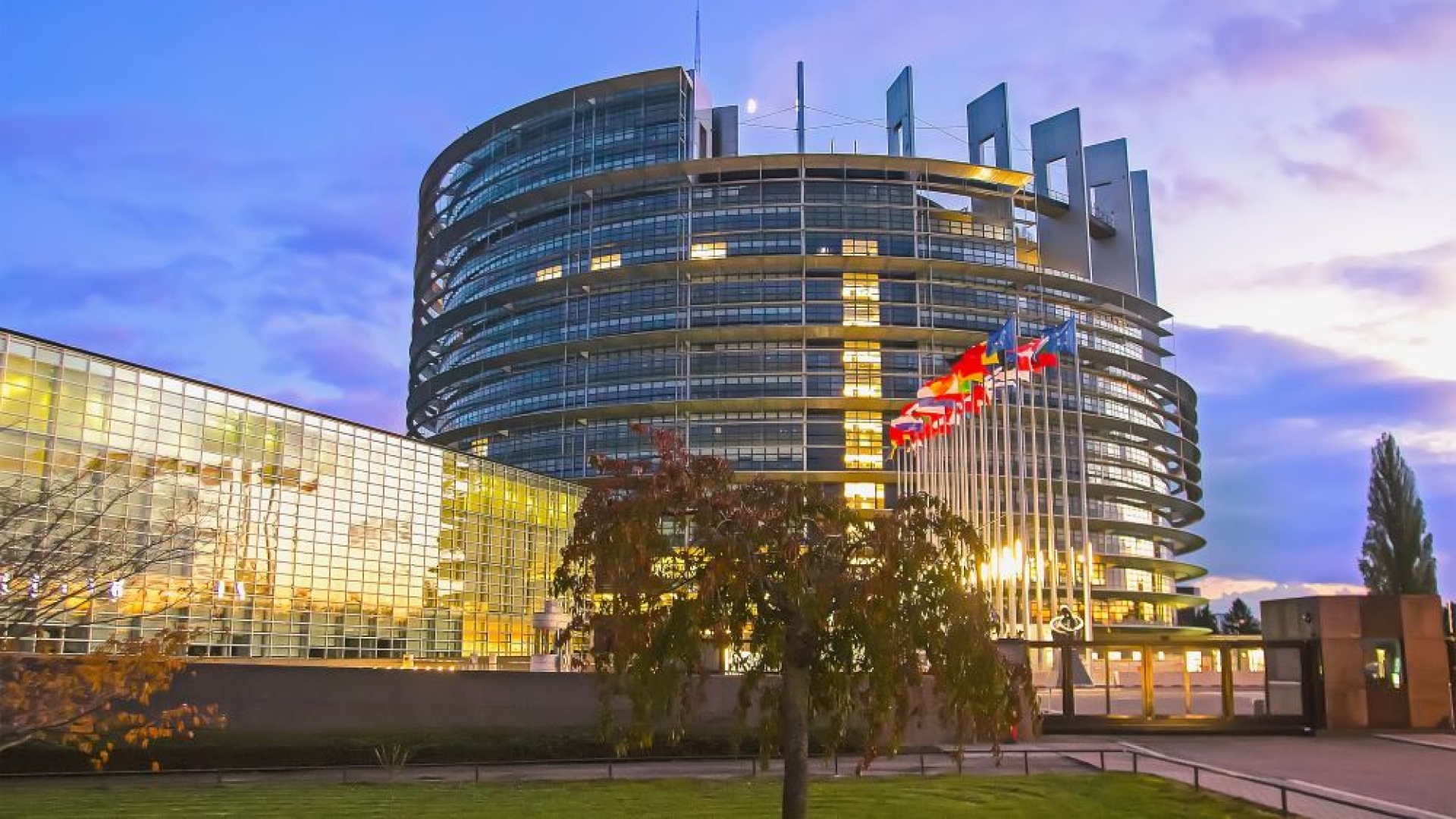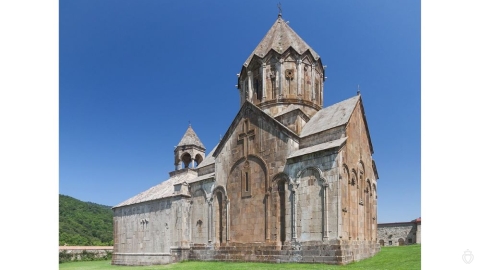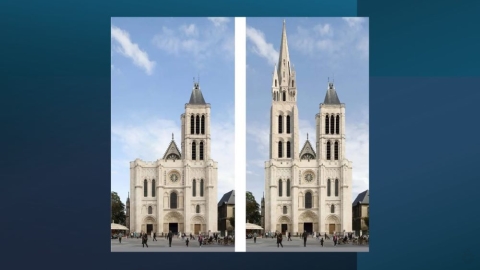For the European Union, Anti-Christian Hate is Negligible

The European Parliament
In Europe, the number of hate crimes against Christians are increasing from year to year, as is legal discrimination linked to freedom of expression and conscience. Despite this, the European Union does not mention anti-Christian hate in its news communication of December 6, 2023, “No place for hate: a Europe united against hatred.”
On December 6, 2023, the European Commission launched “a call to action for all Europeans to stand up against hatred and speak up for tolerance and respect.” But the text mentions “Jewish and Muslim communities.” And as for Christians? Yet, in Europe the number of anti-Christian hate crimes regularly increases.
The Observatory on Intolerance and Discrimination Against Christians in Europe (OIDAC Europe) recorded 748 accounts of it in 2022, as opposed to 519 in 2021, an increase of 44%: these crimes “ranged from arson attacks, graffiti, desecrations, and thefts to physical attacks, insults, and threats.” The NGO also notes with regret an increase in attacks around Christian holidays, such as Easter and Christmas.
Crimes committed by organized groups are becoming more visible, particularly crimes “coming from far-left political groups, such as Antifa, radical feminists, or LGBTIQ groups,” but also from “far-right groups, satanist groups, and radical Islamist groups.” Germany suffers the most anti-Christian crimes (231), followed by Italy (146) and France (106).
Related Article:
Anti-Christian Acts Without Christianophobia According to French Statistics
In France, anti-Christian acts rose from 2021 to 2022 (923 events, +8%), according to data from the Central Territorial Intelligence Service (SCRT). They constitute 60% of anti-religious acts, but they are relativized: “Very few anti-Christian incidents are truly detrimental to religion.” Move along, there’s nothing to see here.
But the number of anti-religious acts in general, and anti-Christian in particular, is largely underestimated. OIDAC notes that “the sensitivity of the topic and the limited resources and organisations invested in reporting anti-Christian hate crimes lead us to believe that this issue remains underreported.”
Related Article:
Christian Values Criminalized in Europe
Additionally, OIDAC notes the violent rejection of Christian values, especially “views that dissent from liberal opinions on moral issues related to the protection of life, sexual relationships, marriage, or family. Consequently, a number of Christians have faced criminal charges and even criminal proceedings” for having asserted their moral values.
The threats also weigh on the respect for the conscience clause of medical personnel. Yet, in its Resolution 2036 (2015), “Tackling intolerance and discrimination in Europe with a special focus on Christians,” the Parliamentary Assembly of the Council of Europe calls its member States to “uphold freedom of conscience in the workplace.”
Finally, Christians are asked not to express or even think their religious convictions. Freedom of expression belongs to others, like FEMEN activist Eloise Bouton, who simulated, topless, the abortion of Christ by the Holy Virgin, on the altar of the church of La Madeleine in Paris in 2013. France gave her a suspended prison sentence of one month and a fine of 2,000 euros.
Nonetheless, in 2022, the European Court of Human Rights (ECHR) ruled in favor of the FEMEN activist, whose “performance” only attempted to “convey a message related to a public and societal debate in a place of symbolic worship.” The European Centre for Law and Justice (ECLJ) lambasts the ECHR: “It is becoming a habit at the ECHR to defend these attacks in churches and against the Church.”
The EU’s Refusal of a Coordinator in the Fight Against Anti-Christian Hate
The ECLJ recalls that in March 2022, the European Commission refused to designate a coordinator in charge of the fight against anti-Christian acts, under the pretext that “the Commission is committed to protect Christians and members of other religious groups from persecution within the EU and does not make any distinction between religious groups. The Commission has no plans as regards a specific strategy on Christophobia.”
Then what should be thought of the designation in 2015 by this same Commission of a “Coordinator on combating antisemitism and fostering Jewish life” and a “Coordinator on combating anti-Muslim hatred”?
It is reasonable to wonder if the European Union and the Council of Europe are not struck by a partial and partisan blindness which prevents them from facing the clear increase in anti-Christian acts and Christianophobia in Europe, and from remedying it.
(Source : Centre européen pour le droit et la justice – FSSPX.Actualités)
Illustration : Photo 92102838 © Yaroslav Veretin | Dreamstime.com





